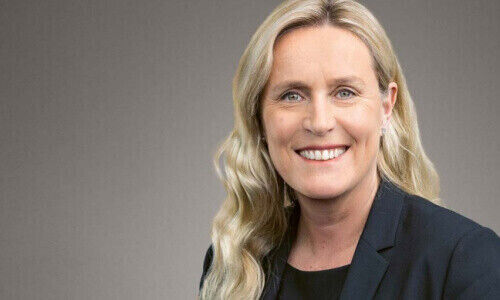Capgemini: Asia Leads Global High Net Worth Wealth Decline
The total wealth of high net worth individuals (HNWI) globally declined in 2018 for the first time in seven years, led by a $1 trillion drop in Asia Pacific.
Equity market correction was the major factor for wealth loss in 2018, which witnessed a $2 trillion decline in overall HNWI wealth, alongside a 0.3 percent decrease in the HNWI population. Asia headlined this year’s decline with the region representing $1 trillion (5 percent) of wealth loss by HNWIs, led by China (25 percent).
In contrast, the Middle East was one of the bright spots for HNWIs in 2018. The region posted a 6 percent and 4 percent increase in HNWI population and wealth, respectively.
Ultra Wealth Hit the Hardest
The ultra HNWIs (UHNWIs) were hit the hardest in 2018, with the segment accounting for 75 percent of the total wealth loss.
The segment posted a 4 and 6 percent decline in population and wealth, respectively. It was followed by the «mid-tier millionaires» segment (net worth: $5-30 million) which made up 20 percent of HNWI wealth loss.
The «millionaire-next-door» segment was virtually unaffected, posting a less than 0.5 percent dip in wealth.
Better Client Experience Demanded From Wealth Managers
Despite the wealth decline, trust and satisfaction with wealth managers increased 3 percentage points but HNWIs remain demanding with «unsatisfactory service experience» cited as the biggest reason to switch firms in 2018, particular regarding on technology.
Less than 50 percent of HNWI clients were satisfied with their current mobile and online platforms, with 85 percent demanding more digital interaction when accessing portfolio information. In addition, pricing was also highlighted with only 62 percent of HNWIs claiming to be comfortable with fees charged by their primary wealth manager.
Shifting so Quickly
«[F]uture success will depend on the agility of wealth management firms to evolve the client experience and find new ways to add value through more personalized services,» said Anirban Bose, CEO of Capgemini’s financial services and member of the group executive board.
«Next-gen technology and closing expectation gaps will aid this, but the landscape is shifting so quickly that companies must not be afraid to overhaul their strategy and business models if needed.»




















